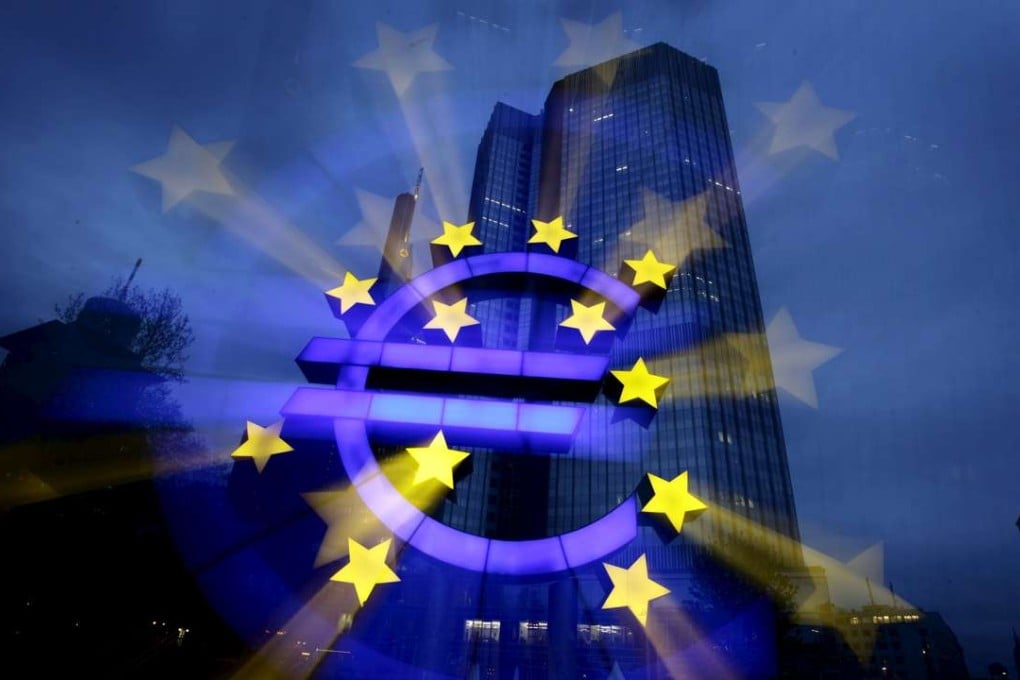Macroscope | Encouraging signs of economic life in euro zone
Some evidence European Central Bank’s economic tonic is starting to work

In Europe spring is in the air and even in the downtrodden euro zone there are some brighter signs of life. The euro zone is not out of the woods yet and still has a very long way to go before sustainable recovery is safely secured. But at least there is some encouraging evidence that the European Central Bank’s economic tonic is starting to work. All is not lost just yet.
The euro zone had a very bad time of it during the 2007-2009 global crash and then put global markets through the wringer during the 2010-2013 European debt crises. There were moments when the euro zone seemed close to collapse and it has taken herculean efforts by the ECB and European Union policymakers to spare the euro from a complete wipeout.
The global economy is not an easy place right now and there are plenty of potential risk factors lying in wait to upset confidence. Worries about a China hard landing, the threat of steeper US monetary tightening, the emerging markets’ crisis, rising geopolitical tensions and residual euro zone risks still remain potent threats to the global outlook.
There is a long way to before the scourges of recession risk, deflation and high unemployment are finally eradicated
The ECB might have arrived late to the global reflation game but moving rates into negative territory and bold quantitative easing (QE) measures, which laced the euro zone with cheap and easy money, finally seem to be working. Thanks to the super stimulus, even some formerly distressed euro zone states are staging impressive comebacks.
Business conditions may be slowing down in the euro zone’s biggest economies, Germany and France, but there are sure-fire signs of rapid economic expansion in some of the smaller euro zone countries. Greece may be flirting with recession still, but strong growth tendencies evident in Ireland and Spain underline that both economies have staged dramatic bounce backs from the darkest days of the euro zone debt crisis.
The latest purchasing managers surveys show Ireland and Spain doing particularly well even though economic activity rates are down a little from a year ago. And despite deep-set public sector debt and budget deficit worries, even the mood in Italy seems to be holding up reasonably well. It is all adding to a more stable outlook for the euro zone as a whole.
It supports the optimism offered in recent European Commission forecasts for output in Spain to expand by 2.8 per cent this year and for it to grow by as much as 4.5 per cent in Ireland. By contrast, gross domestic product growth in Germany is expected to be more muted at 1.8 per cent and flatter even still in France, at only 1.3 per cent.
